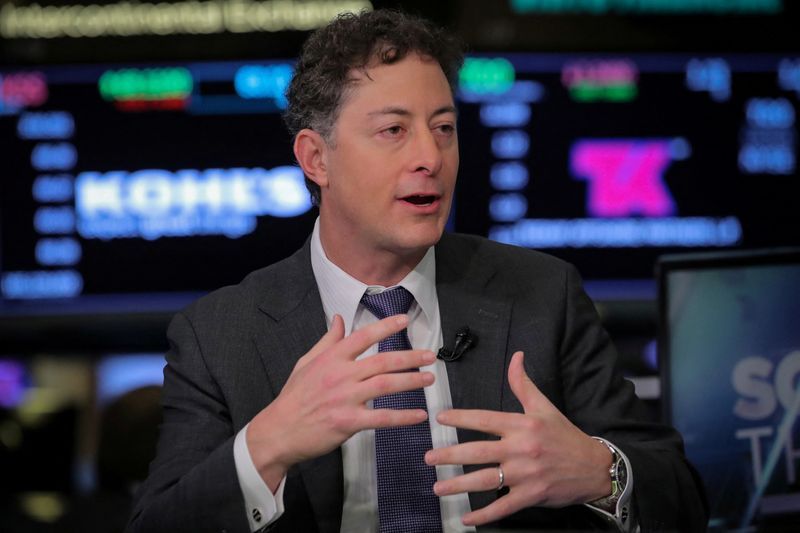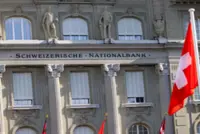
Van Tigchelt said 1,000 criminal convictions have already been secured in cases resulting from evidence from the encrypted apps. — AFP
BRUSSELS: Belgium on Dec 18 starts one of the biggest drug trafficking trials in its history, with over 120 defendants in the dock thanks in large part to investigators cracking encrypted messaging apps.
Suspects from Belgium, Albania, Colombia and North Africa accused of involvement in a vast criminal operation face justice at the hearings in a high-security courtroom in the former headquarters of military alliance NATO in Brussels.
The alleged multi-national drug smuggling enterprise – active from 2017 to late 2022 – involved numerous criminal gangs and was dismantled following raids by police in Belgium, Germany and Italy.
Prosecutors say that cocaine and cannabis were transported in containers from South America and Morocco and smuggled through ports in Belgium, the Netherlands, Germany and France before being sold across Europe.
The case is in part based on evidence uncovered after investigators in Belgium, France and the Netherlands cracked the encrypted Sky ECC and Encrochat apps commonly used by criminals.
By breaking into the apps police say they were able to peer into the unguarded planning and operation of drug smuggling operations.
Belgian Justice Minister Paul Van Tigchelt said 1,000 criminal convictions have already been secured in cases resulting from evidence from the encrypted apps.
Belgium is home to the giant port of Antwerp, which has become the major gateway for cocaine smuggled into Europe.
“It is clear that we are dealing very hard blows to organised crime in our country,” Van Tigchelt said ahead of the trial.
‘Publicity stunt’
The suspects in the mammoth trial starting Monday face a raft of charges including drug offences, trafficking arms and belonging to a criminal organisation.
In total 124 people are on trial, but some of them remain on the run and will be tried in absentia.
Most, however, are in Belgian custody.
The alleged ringleader of the enterprise was an Albanian citizen.
Prosecutors say there was a “structure and hierarchy” between the various criminal groups involved and clear illegal commercial links.
The suspects are notably accused of having jointly operated cocaine processing laboratories discovered on Belgian soil.
The trial is expected to last several months and a judgment is not expected before mid-2024.
But defence lawyers have complained that the sprawling case should have been broken up and the suspects judged separately.
The authorities “are trying to imitate the maxi-trials of the Italian mafia, it’s a sort of publicity stunt”, said Guillaume Lys, a lawyer for one of the accused. – AFP










































